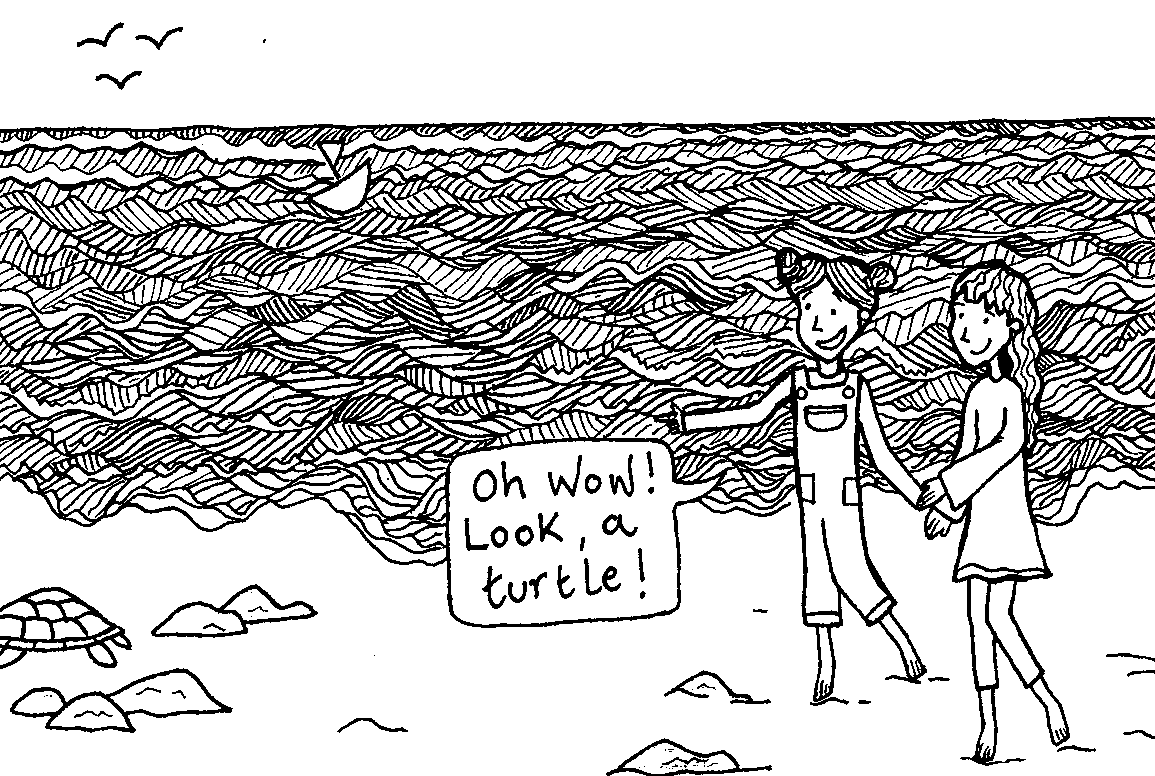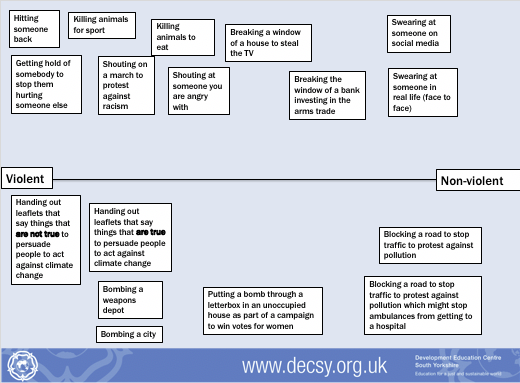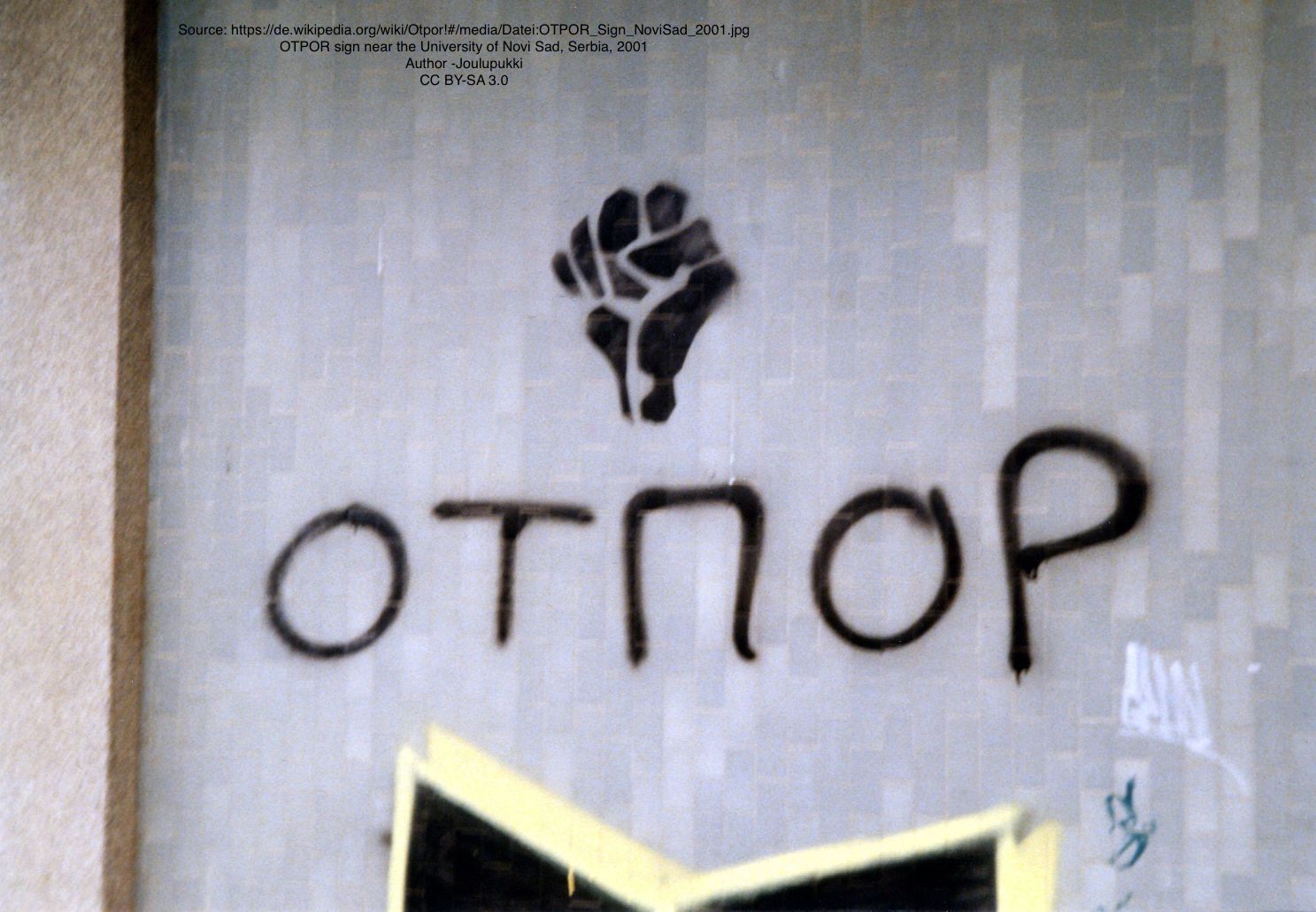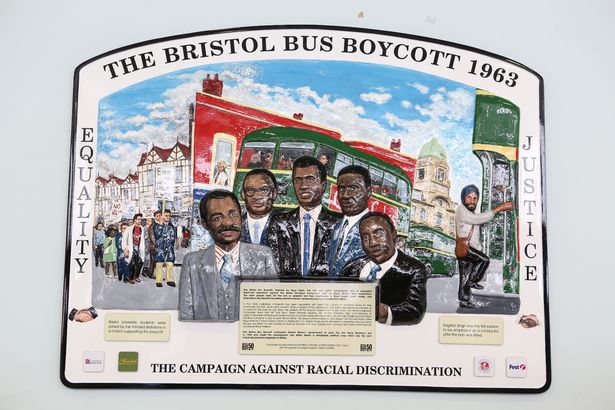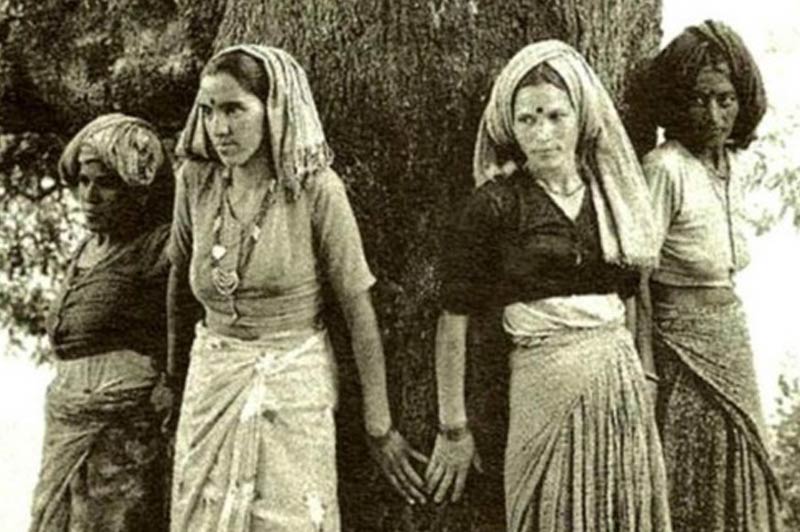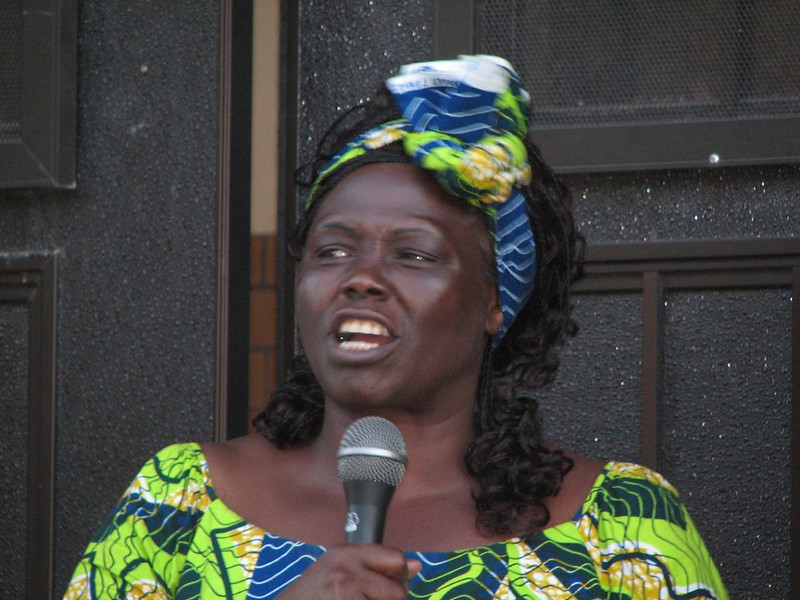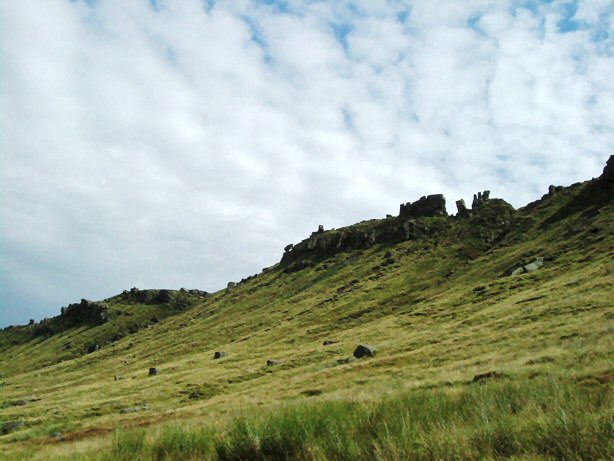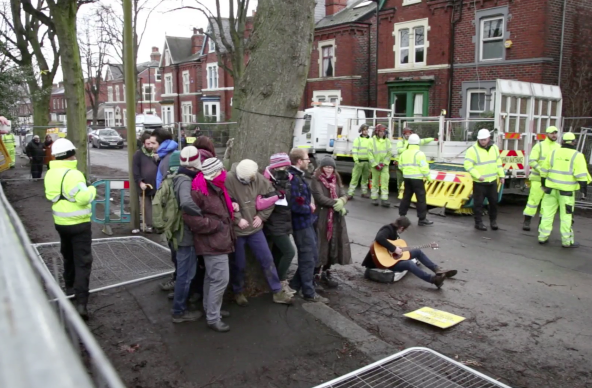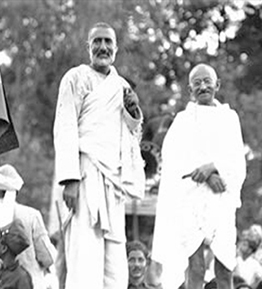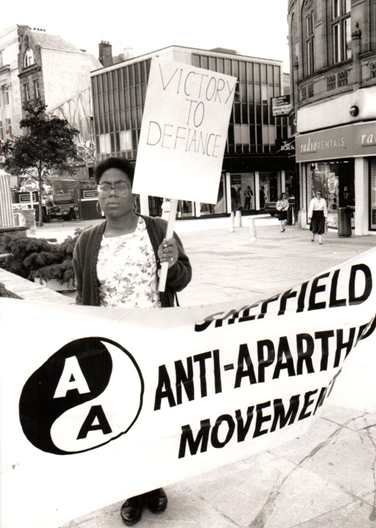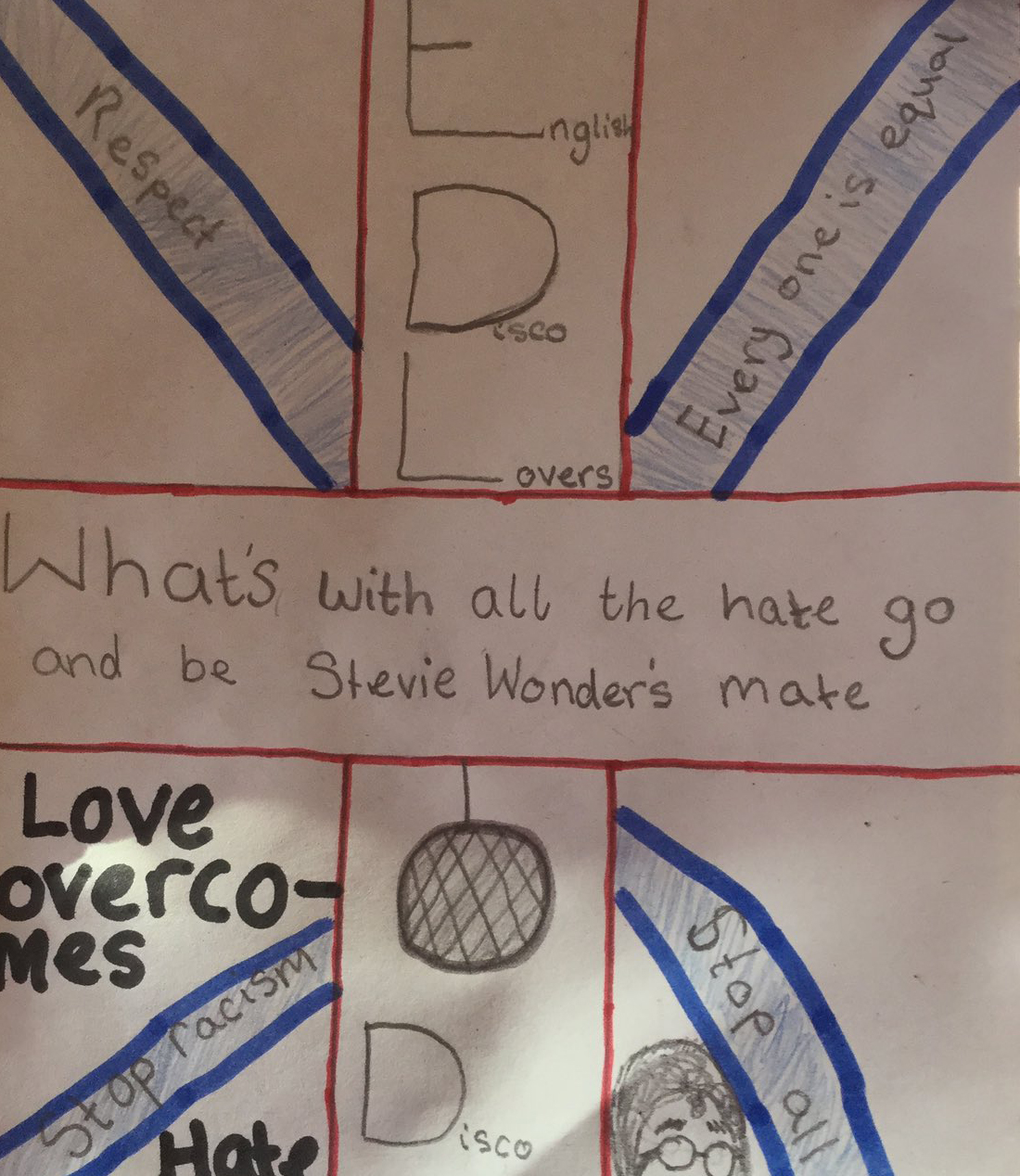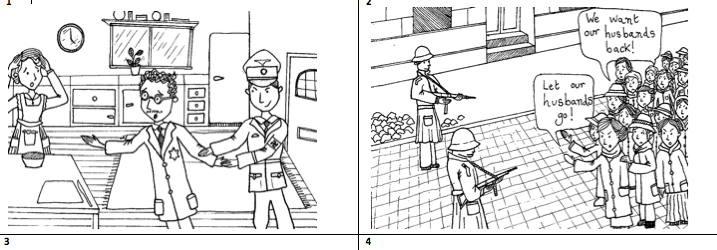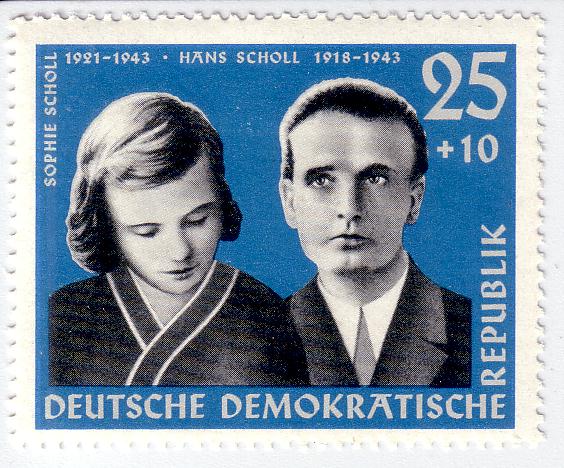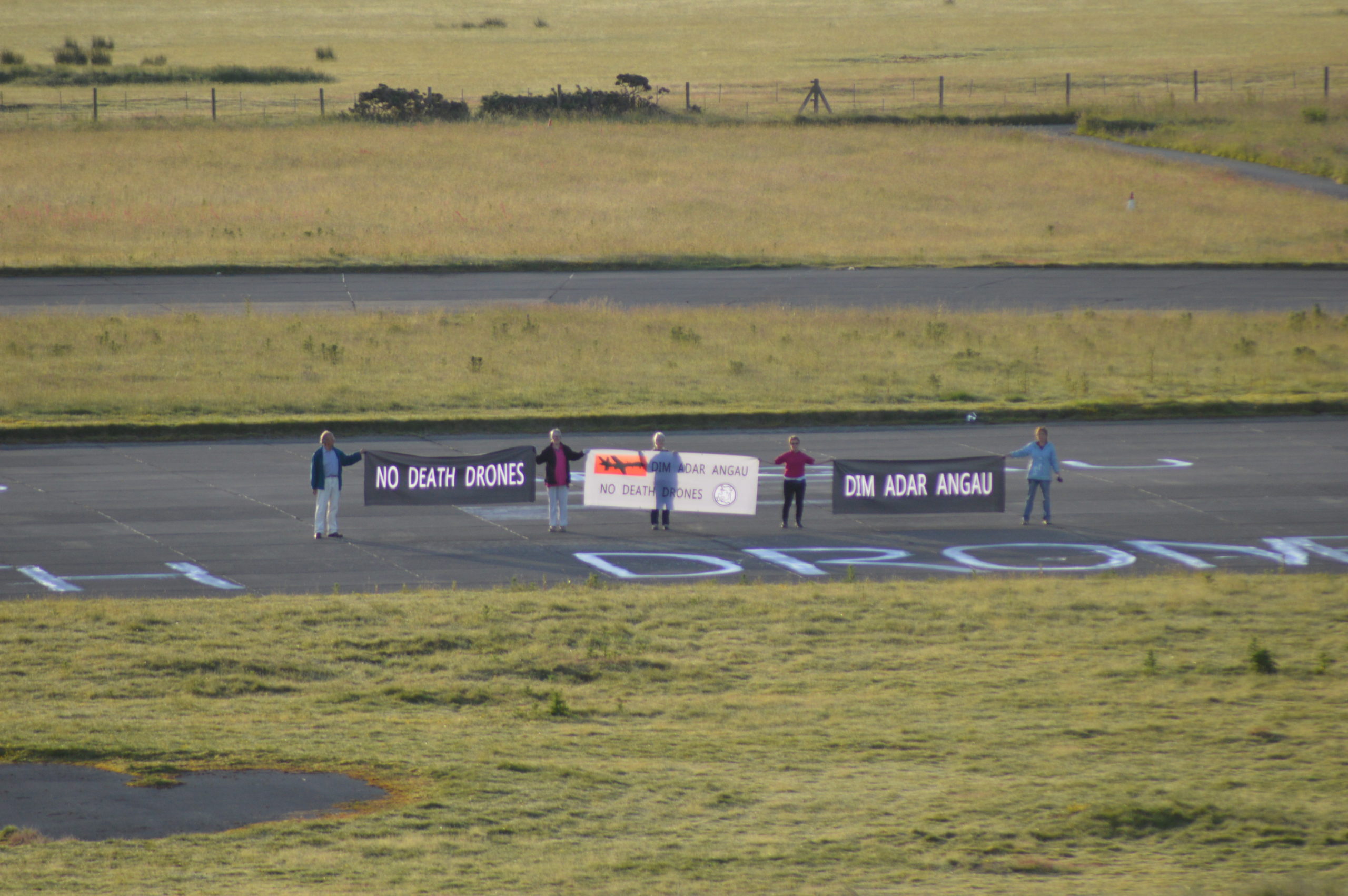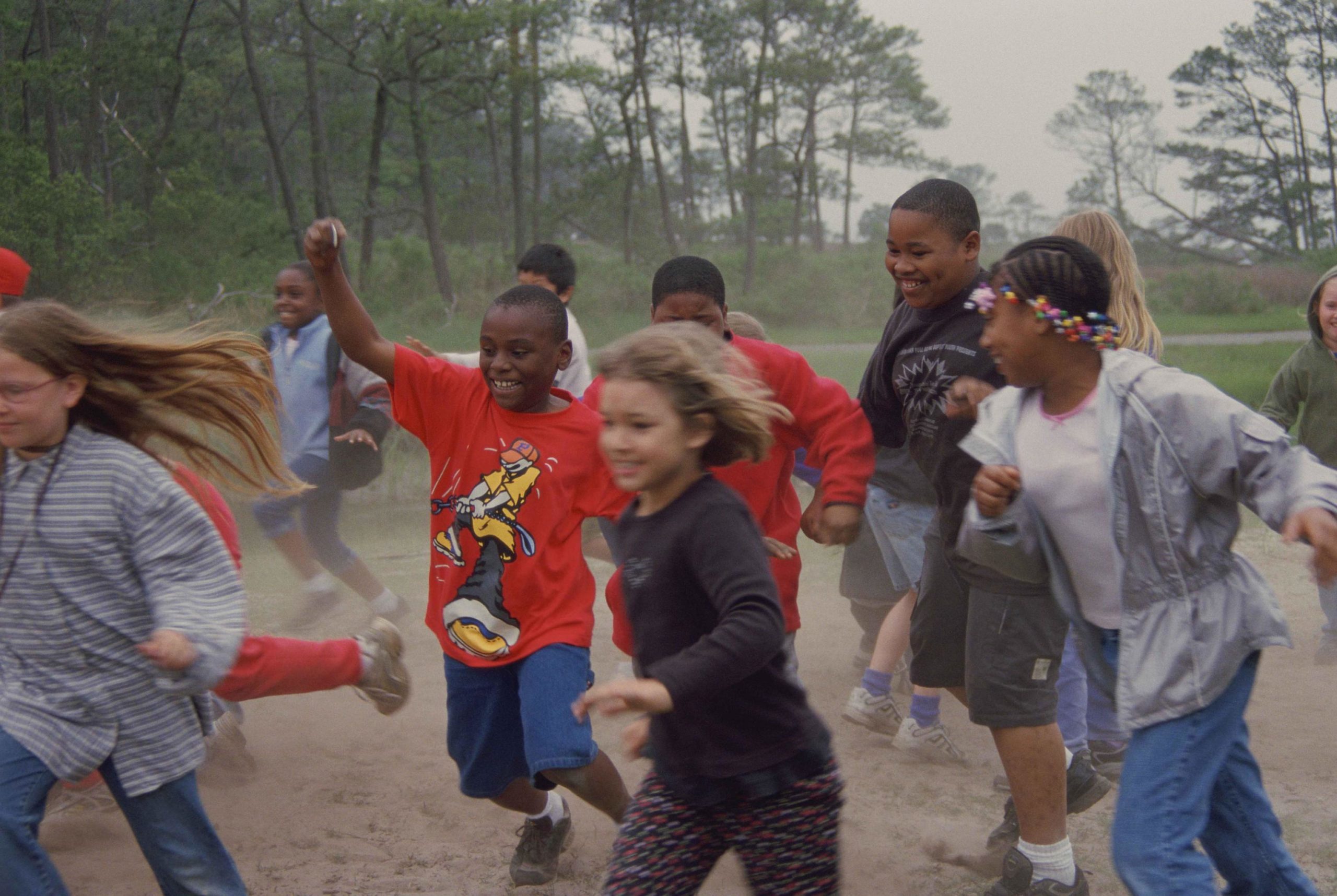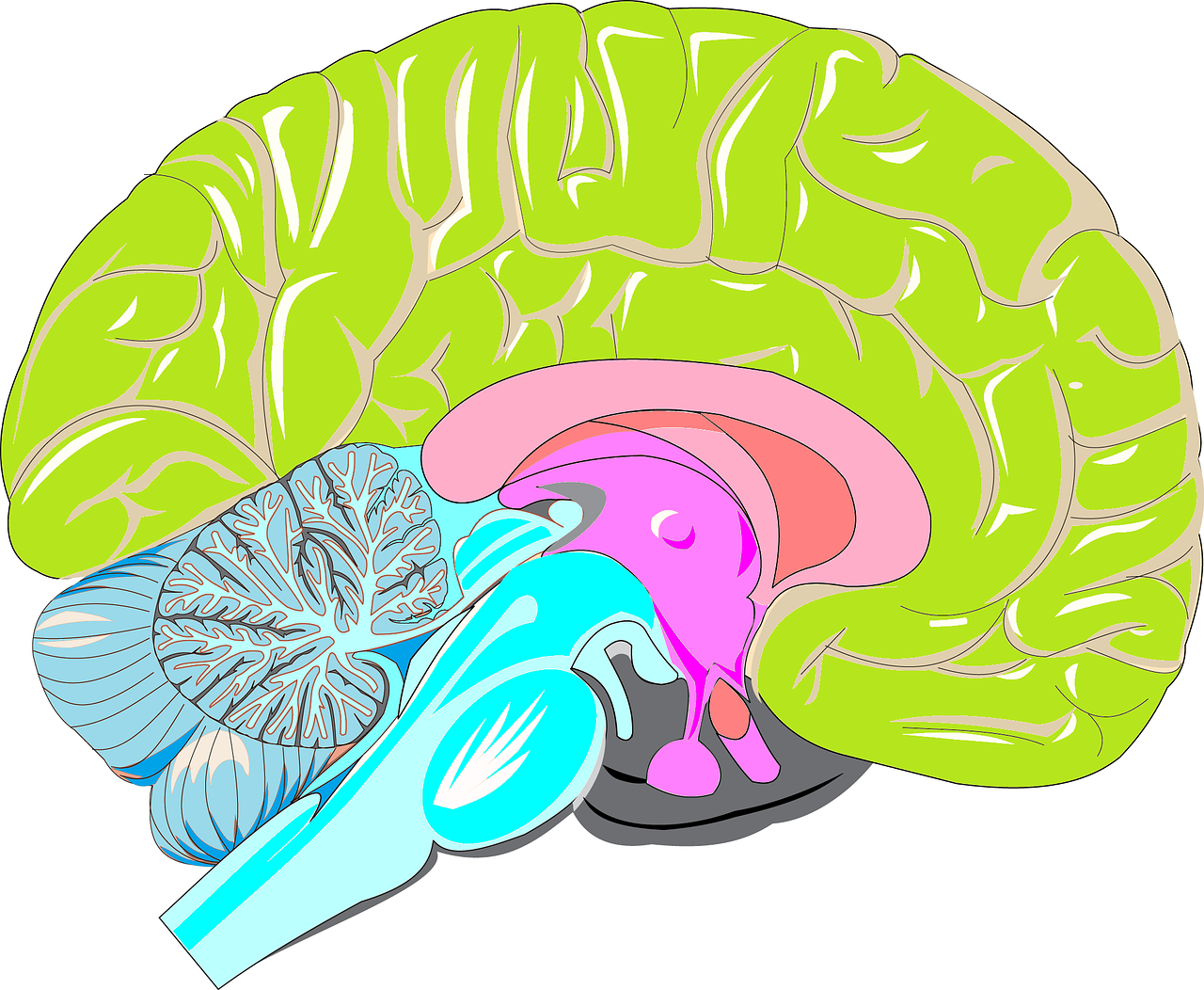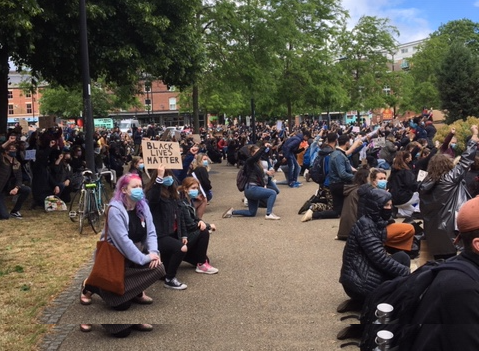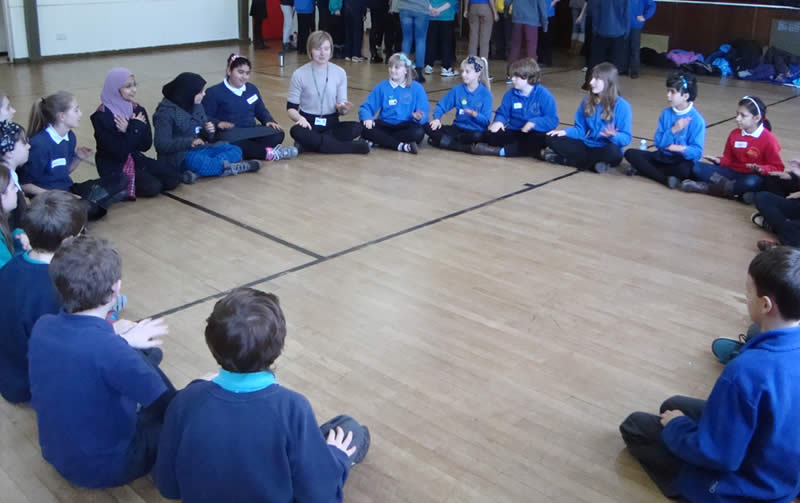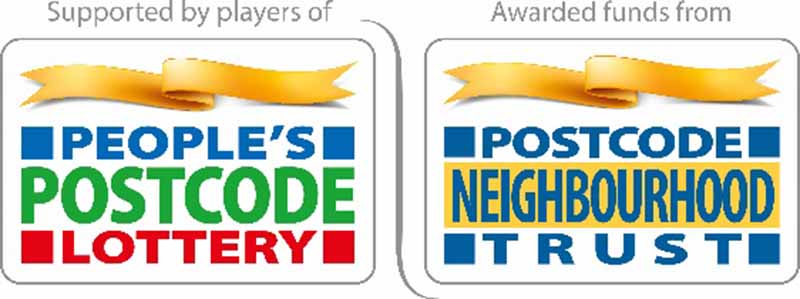Non-Violent Action: A Force for Change Lesson Plans
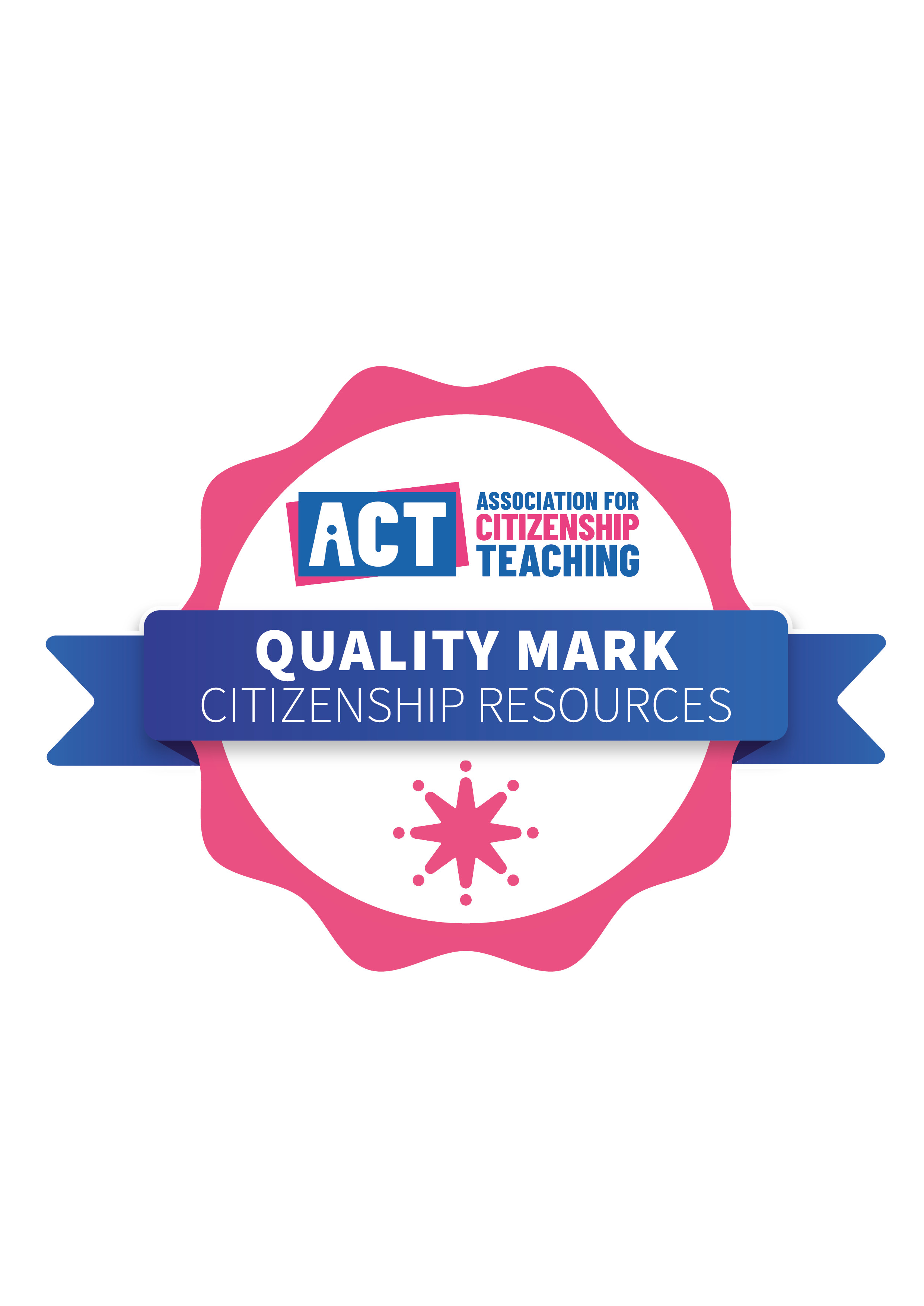 Choose from this ACT Quality Mark awarded, series of lesson plans for learners aged 8-14 which looks at the concepts of violence and non-violence and provides historical case studies to enable learners to explore the efficacy of non-violent action. Please read this short Resource Guidance which includes a suggested pathway through the lessons and authors/acknowledgments. A glossary of non-violence can be found here. Curriculum links to England, Scotland and Wales can be found here. A film showing how Philosophy for Children is embedded within the lessons can be found here.
Choose from this ACT Quality Mark awarded, series of lesson plans for learners aged 8-14 which looks at the concepts of violence and non-violence and provides historical case studies to enable learners to explore the efficacy of non-violent action. Please read this short Resource Guidance which includes a suggested pathway through the lessons and authors/acknowledgments. A glossary of non-violence can be found here. Curriculum links to England, Scotland and Wales can be found here. A film showing how Philosophy for Children is embedded within the lessons can be found here.
If you have used or are using any of the NVAFC lesson plans then please fill in this short evaluation form https://forms.gle/fkveJMb1YcsWf4UR7

This work is licensed under a Creative Commons Attribution-NonCommercial-ShareAlike 4.0 International License.


